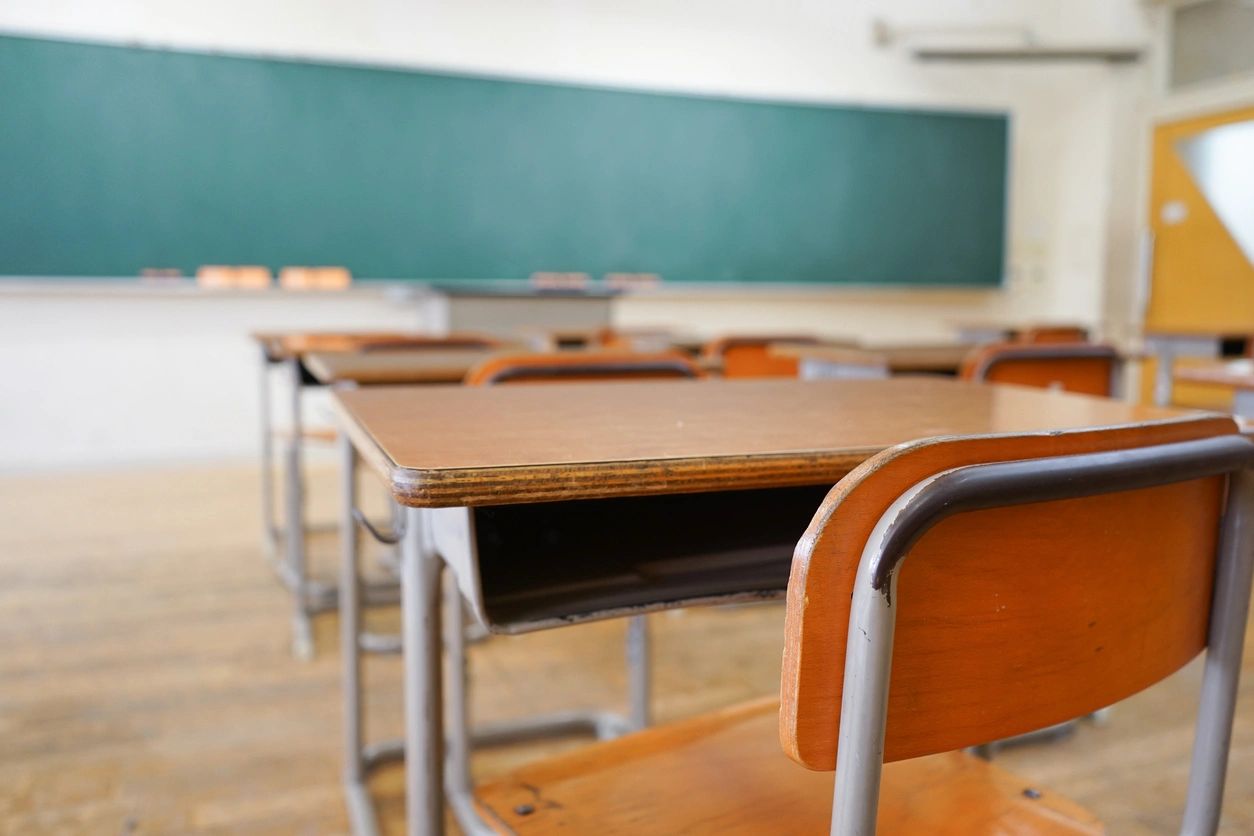EDUCATION
Urge Governor Youngkin to SIGN HB2777 and SB955
The General Assembly introduced and passed two bills (HB2777 and SB955, “Public schools; definitions, textbooks and other high-quality instructional materials”) that collectively address the manner in which K12 public school curriculum materials are selected, adopted, procured, and managed. The Governor originally requested that the enrolled version of SB955 be Amended and HB2777 be re-enacted. His requests were rejected. He has until May 2nd to decide what he should do.
We propose that he SIGN HB2777 AND SB955, identical bills in their current form, if he wishes to advance his goals of parental involvement and transparency in instructional material selection and classroom use. This is an update and correction to a previous alert that indicated a different position for SB955.
Contact the Governor
Email: glenn.youngkin@governor.virginia.gov
and
constituent.services@governor.virginia.gov
or
Call: (804) 786-2211
Please see below for a detailed breakdown of these two bills ⇩ ⇩ ⇩
HB2777 & SB955 offer the following strengths:
1. Inclusion of Mandatory Public Transparency Measures
- These bills include provisions directing the Virginia Department of Education (VDOE) to:
- review and publish approved instructional materials,
- establish and publish curriculum review timelines, and
- implement public comment processes.
- These features are explicit and systematic (although they have implementation dates a few years out), creating transparency at both the state and local levels.
2. Parental Involvement Requirements
- Student Reading Plans (K–8) require teachers to develop individualized reading intervention plans with:
- collaboration from reading specialists,
- Parental participation before services begin, and
- Written documentation shared with parents.
3. Mandated Local Action
- Local school boards are required to:
- adopt textbooks and other high-quality instructional materials,
- align those materials with definitions and standards specified in law,
- ensure that adopted materials are used consistently in classrooms
The changes from the introduced version to the enrolled version of HB2777 and SB955 substantially improve the legislation and bring it much closer to fulfilling the Governor’s stated objectives.










